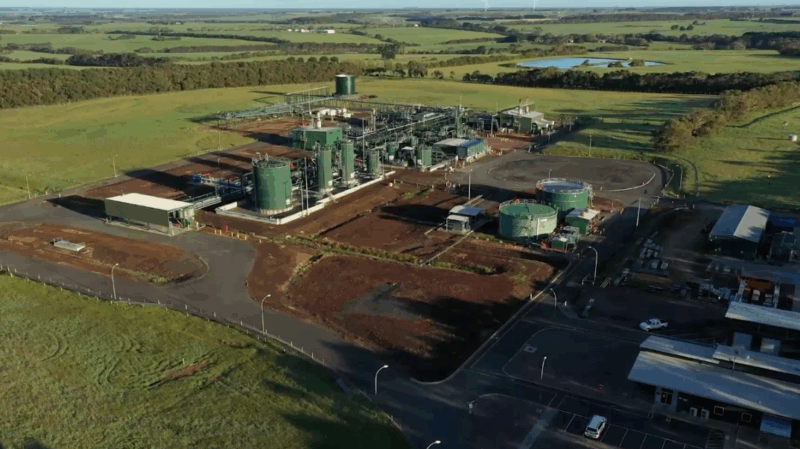
UPDATE: Australia’s Albanese government has just approved two more fossil fuel projects, bringing the total to 21 in a controversial move that critics say jeopardizes environmental goals. The latest approvals include an offshore gas project in Victoria and a four-year extension for Santos’ Simpson Oil Field in Western Australia.
The East Coast Supply project, sanctioned by Amplitude Energy, aims to meet rising gas demands in southeast Australia. It was greenlit by the offshore oil and gas regulator NOPSEMA in early July, adding to the growing tally of fossil fuel approvals that environmental advocates argue undermine efforts to combat climate change.
Just last week, the environmental regulator extended the approval period for Santos’ Simpson Oil Field from 2025 to 2029. Critics warn that these approvals indicate a troubling trend, locking Australia into decades of fossil fuel dependence. The Australia Institute states, “there’s no room in the global carbon budget to approve new gas mines,” highlighting the potential long-term impacts on climate goals.
Amplitude Energy claims the East Coast Supply project is essential for energy security, asserting that it aligns with the Commonwealth Government’s Future Gas Strategy. This strategy emphasizes the role of gas in ensuring energy reliability and affordability. However, the project is projected to generate 41.2 million tonnes of carbon dioxide equivalent (CO2-e) emissions over its lifetime, with a staggering 93% of those emissions resulting from the combustion of the gas.
The government’s fossil fuel approval spree has sparked outrage, especially considering the emissions from other projects like Santos’ Barossa, which is expected to produce 274 million tonnes of CO2-e, and Woodside’s North-West Shelf, projected to emit over 4.3 billion tonnes.
As the Albanese government continues to greenlight fossil fuel projects, the implications for Australia’s carbon footprint and global warming remain dire. Environmental groups are urging immediate action and accountability, as the country’s reliance on fossil fuels raises concerns about its commitments to climate change mitigation.
WHAT’S NEXT: The Albanese government’s fossil fuel strategy is under intense scrutiny. With significant emissions projected from these projects, attention will now turn to public and political responses in the coming weeks. Advocates are calling for a reevaluation of energy policies to prioritize sustainable alternatives.
Australia’s decision to approve these projects is set against a backdrop of increasing global calls for climate action, making the situation more urgent than ever. With the clock ticking on climate commitments, the future of Australia’s energy landscape hangs in the balance.






